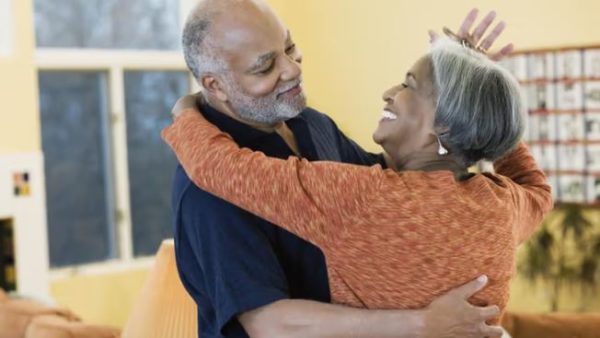
It’s a common belief that arranged marriages tend to last longer than love marriages, but it’s essential to approach this topic with nuance.
The durability of a marriage depends on various factors, and generalizations may not apply universally.
1. Family and community support: Arranged marriages often involve the support and approval of both families and the broader community. This external support can provide a strong foundation for the couple, as they may feel a sense of responsibility not only to each other but also to their families and the community.
2. Shared values and backgrounds: Arranged marriages, especially in certain cultures, may involve matching individuals with similar backgrounds, values, and cultural expectations. This can reduce the likelihood of major conflicts arising from differences in core beliefs.
3. Commitment to making it work: In some arranged marriages, there might be a stronger sense of commitment to making the marriage work, as divorce may be less socially acceptable or carry more significant consequences. This commitment can lead couples to put more effort into overcoming challenges.
4. Lower expectations: In some cases, individuals in arranged marriages might have lower expectations regarding romantic love or idealized notions of marriage. This can lead to a more pragmatic and realistic approach to relationship challenges, potentially contributing to longer-lasting marriages.
5. Parental guidance: In arranged marriages, parents or older family members may offer guidance and support, providing a stabilizing influence on the relationship. This guidance can be valuable during difficult times and may contribute to the endurance of the marriage.
Additionally, societal attitudes and the dynamics of arranged marriages are evolving, and the success of a marriage depends on the commitment, communication, and compatibility of the individuals involved.
Cultural, regional, and individual variations play a significant role, and each marriage is unique.

